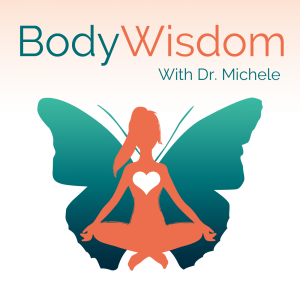
Ayurvedic Weight Loss Tips
Knowing Your Body Type
Knowing your body type can help if you’re trying to lose weight naturally. When it comes to Ayurveda, body type is referring to one of the doshas. The three doshas are Vata, Pitta, and Kapha. Knowing the foods that pacify vata, pitta, and kapha doshas will help you plan your meals accordingly. For example, the kaphas tend to put on weight more easily, so they should avoid heavy foods.
When to Eat
A study by Northwestern University found that people who eat late and sleep late tend to weigh more overall. There were several factors that were evident in this research, and they are certainly something to consider. Ideally, the research shows that eating before 8 p.m. and eating at home are the best ways to manage caloric intake and food choices. Eating out, eating fast food, and grabbing pre-prepared food are linked to increased weight gain. Specifically, the research found that:
- The later you eat in the evening, the more calories you tend to consume in the meal.
- People that eat late tend to eat more carbohydrates, sugars and fatty foods than those who eat earlier.
- Early eaters tend to eat more fruits, vegetables, and lean proteins.
- Early eaters tend to be more likely to prepare their meals at home.
- Late eaters tend to eat more fast food, restaurant foods, and pre-prepared foods that include microwave or heat and serve meals.
Intermittent Fasting
Going a little deeper in the “when to eat” idea, consider addding intermittent fasting to your schedule. Have you ever tried it? For some people, the idea of intermittent fasting initially may seem foreign or not aligning with Ayurveda. However, it actually works great in an Ayurvedic lifestyle. Finding the right intermittent window for you is key. There are many ways to do it, and none of them are wrong. It is very much tailored to each individual’s needs and schedule.
Sleep
“Early to bed and early to rise” has health benefits. Not only does it provide your body with the 7-8 hours of sleep most adults require, but it also allows you to eat your meals during the day and before the late night hours.
If you don’t get enough sleep, your body doesn’t have enough time to replenish, repair, and regenerate itself, which will lead to problems in energy levels, body and brain hormone levels, and chemical levels. This, in turn, triggers the release of cortisol, which is a stress hormone.
High cortisol levels are linked to increased cravings for sugar, fat and carbs, all which result in weight gain when consumed in excess. To add to the problem the body also increases the level of ghrelin, which is the hunger hormone, triggering you to want to eat more, even when you know you shouldn’t.
If you are still struggling with weight loss and would like some help, consider booking a consultation with Dr. Michele.


 “The lessons learned through Dr. Michele’s online training class were invaluable, teaching me a new way at looking at food and timing of my meals. Her direction set me on a path to better health.”
“The lessons learned through Dr. Michele’s online training class were invaluable, teaching me a new way at looking at food and timing of my meals. Her direction set me on a path to better health.”